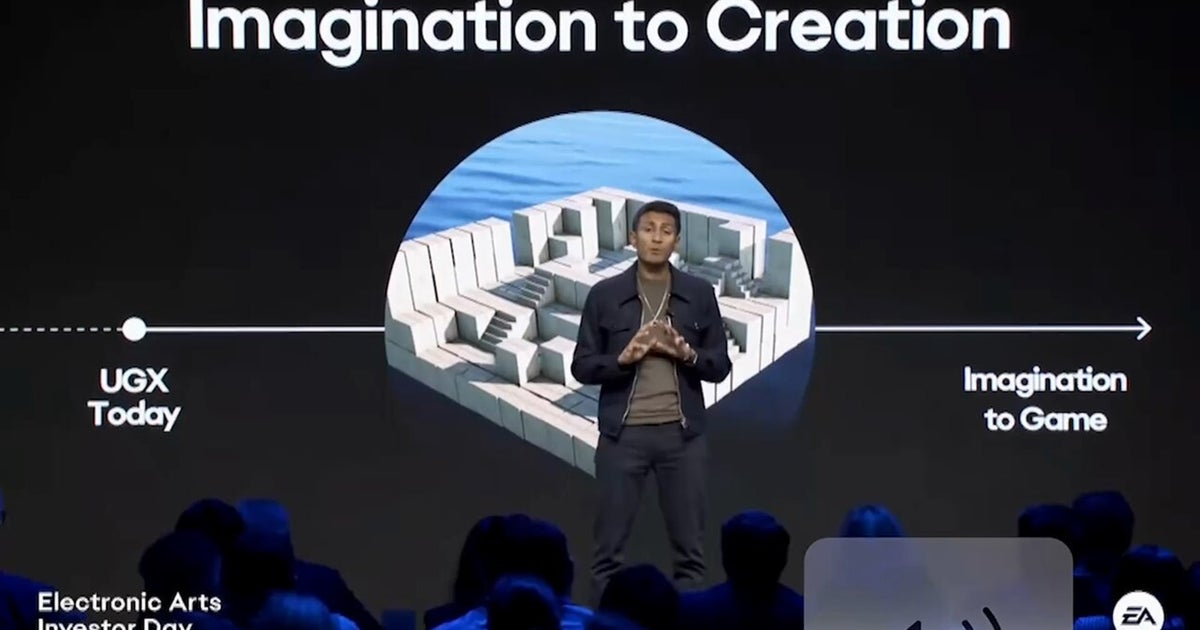EA’s Bold Vision: Generative AI at the Heart of its Strategy
At this year’s investment summit, Andrew Wilson, the CEO of Electronic Arts (EA), emphasized that generative artificial intelligence (AI) is fundamentally integral to the company’s operations. This statement comes almost three years after Wilson highlighted the significance of non-fungible tokens (NFTs) for the future of the gaming industry, showcasing his commitment to embracing innovative technologies.
Wilson’s remarks arrive at a pivotal moment in the tech investment landscape, characterized by a surge in AI development that has greatly influenced not only the gaming sector but various other industries. However, EA is likely aware of the growing impatience among investors who are eager for AI-driven businesses to demonstrate tangible successes. As highlighted by analysts, leading AI companies like OpenAI are facing significant financial challenges, with predicted losses amounting to five billion dollars this year. This context explains why EA is looking to attract interest with engaging presentations.
During the summit, the company unveiled its "Imagination to Creation" concept video, which was aimed at investors. The demo featured familiar gamer commentary reminiscent of the peak E3 gaming era, showcasing mazes composed of randomly generated cardboard boxes and community-designed characters equipped with various weapons from EA’s extensive game catalog. The playful antics escalated as two characters engaged in a lively exchange, launching grenades at one another and amusingly generating a large cardboard pyramid to enhance the spectacle.
Mihir Vaidya, EA’s Chief Strategy Officer, clarified that the video serves as a conceptual illustration rather than an actual playable game. He elaborated on the technical prowess displayed in the demo, asserting that players could construct their environments instantaneously and draw from a unified asset database consisting of assets from EA’s other titles. Yet, it is crucial to emphasize that this remains a conceptual, albeit impressive, demonstration.
While such illustrative demos are captivating, they often overlook critical challenges that lie ahead. For instance, transferring game assets between different game engines poses significant hurdles, as varying programming languages are employed. The demo included characters from "Apex Legends," developed on the Source Engine, and the Plasma Cutter from "Dead Space," which utilizes the Frostbite engine. This raises pertinent questions: Will EA employ a dedicated team to manually transfer assets across engines, or is there a plan to exploit generative AI for this task? If the latter approach is taken, how will the company ensure accuracy and balance in the generated assets? These unanswered questions highlight the complexities involved.
For those familiar with the previous crypto and NFT boom, similar rhetoric is evident here—appealing language designed to draw in investors as EA aims to secure funding for forthcoming ventures. Will these funds be allocated towards genuine AI projects? Perhaps. Will any of these initiatives materialize? It’s uncertain. The company has yet to release any NFT games or integrate NFTs into its existing popular titles, despite outlining a partnership with Nike for Swoosh NFTs, which has not yielded further updates since its announcement.
Looking at EA’s stock performance provides insight into their approach. The company’s shares have risen nearly 7% year-to-date, reflecting its ability to capitalize on market trends and seize lucrative investment opportunities. While this may appear rather dubious or disingenuous to some observers, there is a clear rationale for EA to host such formal investor gatherings.
Ultimately, the trajectory of EA’s AI endeavors remains to be seen. In the coming years, either these initiatives will come to fruition or fade into obscurity as the tech landscape continues to evolve. Regardless, it certainly marks an intriguing time for fans of the unexpected, such as cardboard boxes in gaming.
